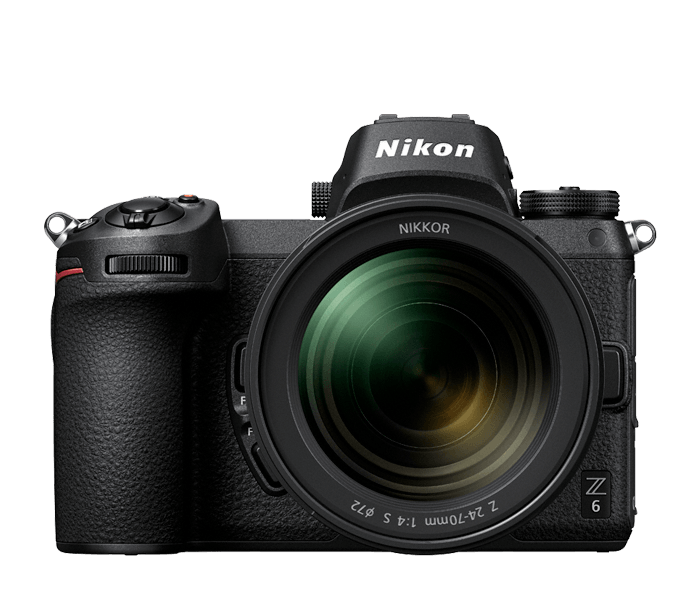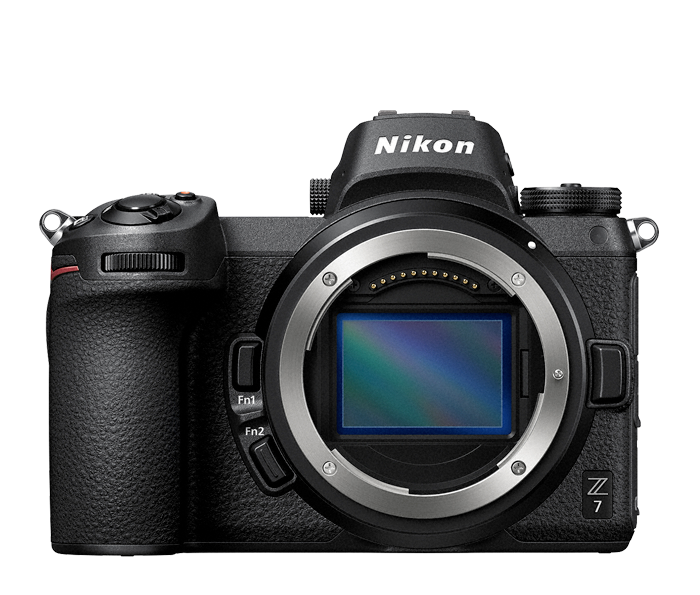
As soon as the Leica SL
was introduced, it was criticized for being a mirrorless camera, not a
DSLR. The thoughts were that mirrorless
cameras were for advanced amateur photographers at best, that professionals
demanded a DSLR. Along with that came
“opinions” that the camera was way too big.
That was dispelled rather quickly when size comparisons showed that the
Leica SL was effectively noticeably smaller than the top model DSLRs from Canon
and Nikon, especially the camera body but also when equipped with similar
lenses.

Since then the Leica SL
has proven itself many times over. Leica
has definitely shown with this camera that a professional caliber mirrorless
camera can be made.
The fact that professional
caliber mirrorless cameras likely present the future of interchangeable lens
cameras was further underlined when Hasselblad introduced a medium format
mirrorless camera with interchangeable lenses, the Hasselblad X1D. This camera had been rumored about for a
while, and many thought that it might be a derivative of a Sony or Fuji
camera. But this camera was entirely
designed by Hasselblad and it is handmade in Sweden like its famous
predecessors.

Hasselblad X1D
Similar to the Leica S
line of medium format cameras with their sensor size of 30 x 45mm, the
Hasselblad X1D uses a sensor of 33 x44mm in size which allows both cameras to
be the size of a conventional full frame camera rather than the common medium
format digital cameras which are substantially larger. The success of this
approach has been clearly shown by the Leica S cameras and the new Hasselblad
is very well on its way of being a formidable competitor.
After the fiasco with the
rebadged Sony cameras, Hasselblad has rejoined the camera market with an
interesting new product, one that does not rely on their previous film
cameras. The advantages are obvious.
Another new entry into the
mirrorless professional camera market is the Fujifilm GFX 50S. Similar to the Hasselblad, it features a 43.8
x 32.9mm CMOS sensor. The design of the
camera simulates a DSLR which makes it a bit larger and heavier than the
Hasselblad, but all three of these miorrorless cameras are similar in size and
weight. However, the electronic
viewfinder of the Leica SL has still by far the highest resolution of any on
the market.
Fujifilm GFX 50S
Sales figures in recent
years have clearly shown that the DSLR market is in decline. All of the major camera manufacturers had to
accept lower sales figures. The only
camera type going against this trend has been the mirrorless design. In general, Leica has been the only camera manufacturer that has been able to show sales increases for the last several years.
Especially Canon and Nikon
have been very much criticized for not offering anything of a mirrorless
professional camera. They finally
relented and came out with mirrorless cameras of their own.



Canon introduced the Canon
EOS R while Nikon entered this market with two cameras, the Nikon Z6 and Nikon
Z7
Recently Panasonic, along with Sigma entered the L-MOUNT ALLIANCE with Leica. Both companies are licensed to use the Leica L mount which further emphasizes the influence of Leica, the Leica SL and the L mount.
This has resulted in the announcement of several L mount lenses from Sigma, but also a new entry in the professional mirrorless camera market, the 47.3 megapixel Panasonic Limix S1R.
So it seems that the
initial criticism of the Leica SL was indeed premature. As mentioned already, sales figures in general have shown that the
only market that has shown definite growth is that of mirrorless cameras. While not considered a typical mirrorless
camera as such, the Leica M line of cameras must be included in those figures
as well.
Leica M10
Even though Leica is
considered by many as being stuck in their history of rangefinder cameras, it
should be obvious to anyone by now that Leica is still capable of developing
products that are clearly at the forefront of what is possible today and even
their M camera line has proven to be able to compete with virtually anything on
the market.
But any camera can only
perform as well as its lenses allow it to do.
When it comes to the lenses of any of their cameras, Leica has proven to
still be the market leader. It is still
the case that nobody is able to beat the manufacturing process and the extremely
tight tolerances as applied by Leica.
Anyone looking for the best that photography has to offer cannot ignore
Leica.
For other articles on this blog please click on Blog Archive in the column to the right
______________________________________________________________________
______________________________________________________________________
 Buy vintage Leica cameras from
America's premier Leica specialist
Buy vintage Leica cameras from
America's premier Leica specialist
http://www.tamarkinauctions.com/ http://www.tamarkin.com/leicagallery/upcoming-show

Buy vintage Leica cameras from
America's premier Leica specialist
http://www.tamarkinauctions.com/ http://www.tamarkin.com/leicagallery/upcoming-show
Click on image to enlarge
Order: info@gmpphoto.com
Please make payment via PayPal to GMP Photography
Click on image to enlarge
Order: info@gmpphoto.com
Click on image to enlarge
Order: info@gmpphoto.com
Click on image to enlarge
Order: info@gmpphoto.com
Please make payment via PayPal to GMP Photography
Click on image to enlarge
Order: info@gmpphoto.com
Please make payment via PayPal to GMP Photography
Click on image to enlarge
Order: info@gmpphoto.com
Please make payment via PayPal to GMP Photography












That makes Leica the real innovators in photography
ReplyDeleteThe palette of Leica cameras, including the innovative Leica SL, are the very reason why Leica is bucking the industry wide trend of camera sales slowing down.
DeleteInteresting, but disappointing EVF in the Hasselblad and the Fuji compared to the Leica SL. I think the EVF in the SL was a game changer, I can't see myself holding up an MF camera like it was an iPhone because of no/suboptimal finder.
ReplyDeleteHorrid thing. Far to heavy and cumbersome and it dilutes the Leica brand.
ReplyDeleteThat's why Leica has other cameras to choose from. However, the success of the Leica SL shows that a lot of people do not share your opinion.
DeleteIt is conservative people like you who are unable to see beyond their own shadow. By insisting that everything Leica had to be part of the M-system, Leica almost became part of history. Fortunately, more farsighted minds prevailed and put Leica on a new pass of success, by diving full tilt into digital photography and by offering innovative, new products like the Leica S line and the Leica SL.
DeleteIt seems that with the upcoming Leica SL2, Leica is ready to maintain their position of having the top professional mirrorless camera, especially if one considers their unparalleled lenses.
ReplyDelete